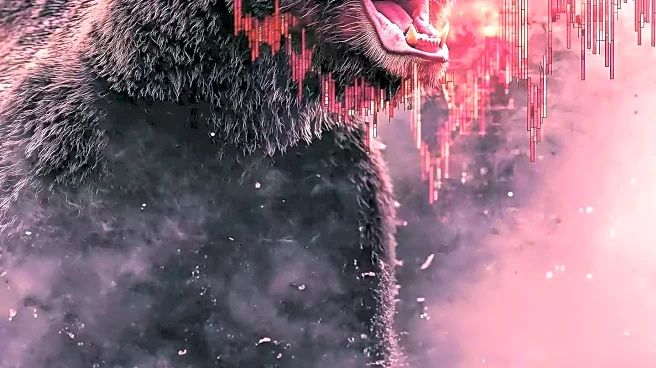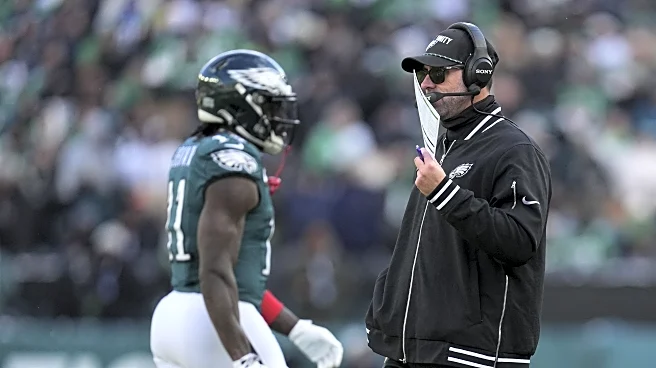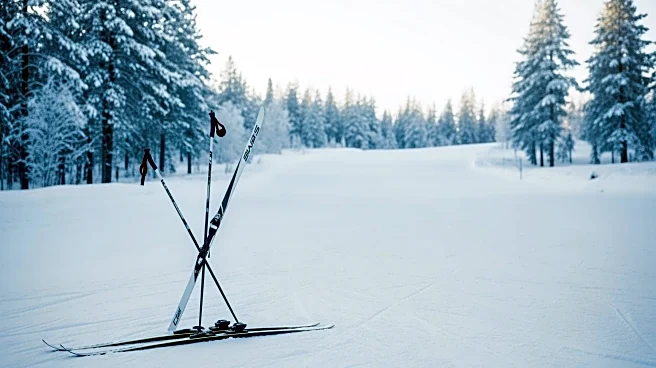What is the story about?
What's Happening?
Scientists are raising concerns about the decline in populations of scavenging animals, such as vultures and hyenas, which play a crucial role in maintaining ecological balance by feeding on rotting carcasses. This decline is linked to potential negative impacts on human health, as these animals help prevent the spread of diseases by disposing of dead animals. NPR science reporter Jonathan Lambert highlights the importance of these scavengers and suggests that conservation efforts could mitigate the risks associated with their decline.
Why It's Important?
The decline of scavenger populations could lead to increased disease transmission among humans, as these animals help control the spread of pathogens by consuming carcasses. This issue underscores the interconnectedness of ecosystems and human health, emphasizing the need for conservation efforts to protect these vital species. The potential health risks associated with the loss of scavengers could prompt policymakers and environmental organizations to prioritize conservation strategies.
Beyond the Headlines
The decline of scavengers also raises ethical and ecological questions about human impact on wildlife and ecosystems. It highlights the need for sustainable practices that balance human development with environmental preservation. Long-term, this issue could lead to increased awareness and advocacy for biodiversity conservation, influencing public policy and societal attitudes towards wildlife protection.















